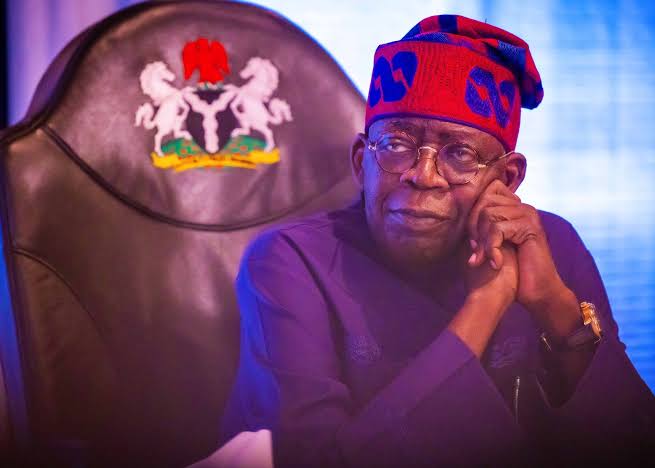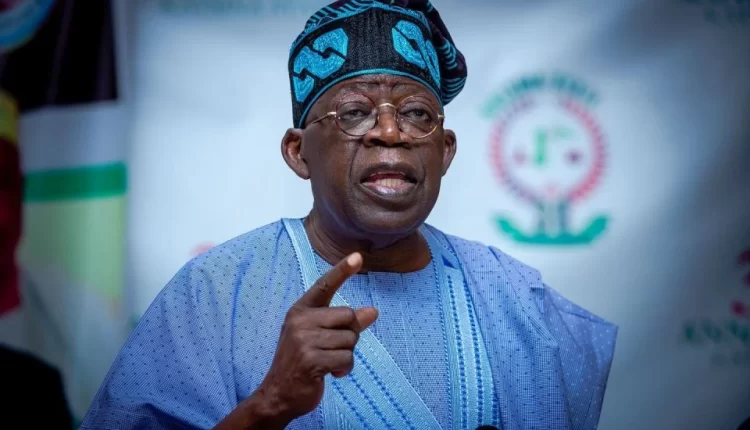Since the return of democratic rule in 1999, one of the sore areas impeding smooth governance in many states is the frequent animosity in the relationship between governors and their deputies.
There is hardly any of the 36 states that has not recorded a season of conflict involving the two leading citizens of their states. So far, close to 20 deputy governors have had their tenures cut short because they couldn’t maintain a harmonious relationship with their principals.
At the moment, the fate of two deputy governors, Philip Shaibu of Edo State and Lucky Aiyedatiwa of Ondo State are hanging in the balance on account of suspicion of disloyalty to their governors.
Chapter 6, Part 2, Section 187 of the 1999 Constitution (as Amended) on Nomination and Election of the Deputy Governor (1) clearly states, “In any election to which the foregoing of this part of this Chapter relate, a candidate for the office of Governor of a State shall not be deemed to have been validly nominated for such office unless he nominates another candidate as his associate for his running for the office of Governor, who is to occupy the office of the Deputy Governor; and that candidate shall be deemed to have been duly elected to the office of the Deputy Governor if the candidate who nominated him is duly elected as Governor in accordance with the said provisions.”
While it may be argued that a deputy governor is given life at the pleasure of the governor, it is pertinent to note that without the nomination of a deputy governor, the nomination of a governor is not valid.
So important is the position of a deputy governor that Section 191 of the Constitution of the Federal Republic of Nigeria (1) states, “The Deputy Governor of a State shall hold the office of Governor of the State if the office of Governor becomes vacant by reason of death, resignation, impeachment, permanent incapacity or removal of the governor from office for any other reason in accordance with Section 188 or 189 of this constitution.”
Another pointer to the importance of the office of the deputy governor can be seen in the fact that if the person so nominated is proven to be defective in any way, it automatically impacts negatively on the governor.
“Since the constitution does not spell out any role for the deputy governor, he largely exists to discharge whatever is assigned to him by the governor. However, the constitution makes a deputy governor a necessary appendage without which the governor cannot exist”
This was loudly demonstrated in 2019 when the Supreme Court sacked David Lyon of the All Progressives Congress as governor-elect of Bayelsa State, barely 24 hours to his inauguration.
Lyon, who won the governorship election, was to be sworn in as governor, but a five-member panel of the apex court, led by Justice Mary Odili, nullified his election on the ground that his deputy, Biobarakuma Degi-Eremienyo, presented false information to the Independent National Electoral Commission to support his qualification for the 2019 governorship election in the state.
This can be interpreted to mean that in character, learning and other attributes, a deputy governor must equate one who occupies the office of the governor of a state. It explains why one of the apt descriptions of a deputy governor is “a gubernatorial official who is subordinated to a governor.”
When it comes to tenure, the constitution says, the “Deputy Governor is elected through popular vote on a ticket with the Governor for a term of four years. They may be re-elected for a second term but may not serve for more than two consecutive terms.”
The root of the bitter disposition of many Nigerian governors towards their deputies may be traced to the fact that the governor feels that having been the one who invited the deputy governor to the soiree; he should have the discretion to determine when the party is over.
Since the constitution does not spell out any role for the deputy governor, he largely exists to discharge whatever is assigned to him by the governor. However, the constitution makes a deputy governor a necessary appendage without which the governor cannot exist. But this continued struggle for survival by deputy governors has led to their being derogatorily referred to as ‘spare tyres.’
In more than 90 per cent of situations where a deputy governor succeeded his boss, he triumphed from engaging the governor in a bitter struggle.
Majority of the governors believe that having arrived at the scene together, they should necessarily exit with their deputies.
Hamstrung by the constitution, some deputy governors believe that they deserve to be seen and judged on their own terms by coming out to present themselves to the public for the office of governor. Therefore, they do not hesitate to step out when the opportunity offers itself.
Therein lies the crisis of confidence, whether real or imaginary, as some governors feel that their deputies may have held back resources available to them instead of making them available for the overall good of the state. The assertion has often been made that the loyalty of the deputy governor to the governor must be seen and perceived as 100 per cent, nothing less.
In most instances that a governor accused his deputy of disloyalty, it was mostly a matter of perception or suspicion. The point to note here is that once a deputy governor goes around with the weight of being seen and perceived to be loyal, he loses or suspends his own capacity to think clearly and bring forward bold ideas, less he be seen or perceived to be over ambitious. In this state of being reduced to “less than a human being”, as some analysts have put it, governance in that particular jurisdiction suffers.
The framers of the constitution didn’t imagine that ego would get in the way of a smooth working relationship between governors and their deputies. The overall good of the people might have guided their thoughts on the duties of a deputy governor; for indeed, if a deputy governor were to be assigned specific duties, more areas of conflict with the governor may be created.
As two educated adults elected to serve the people, the singular goal should be to deliver on their electoral promises. Spending the better part of their tenure living in suspicion of one another can only stagnate or deliver stunted progress to the state. Like the relationship between a husband and his spouse, all differences between them must be buried in order to pilot the ship of state safely.

